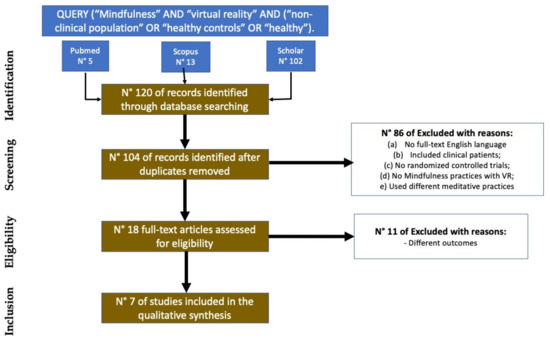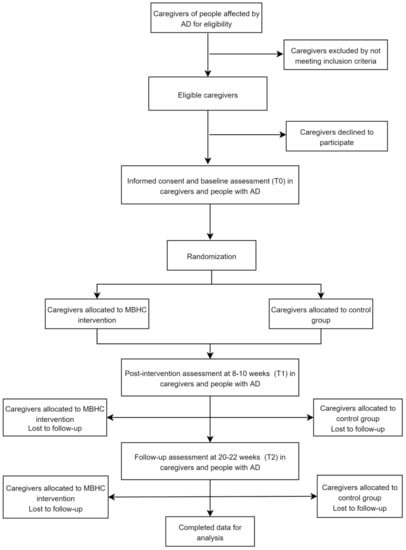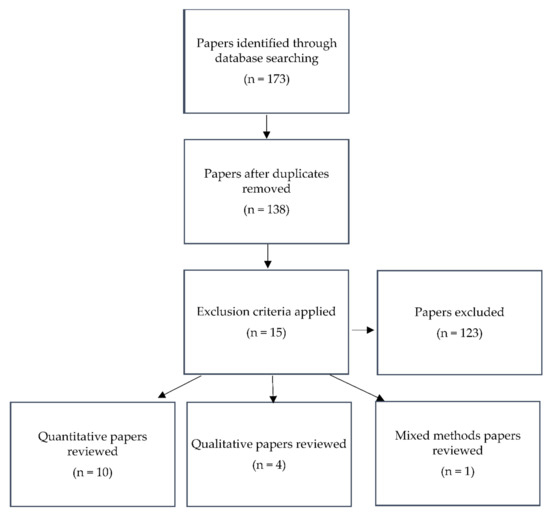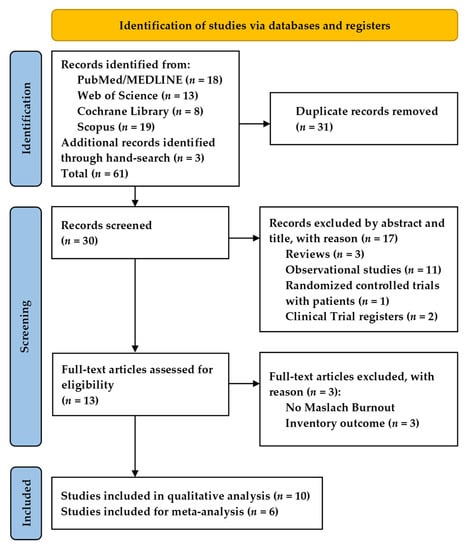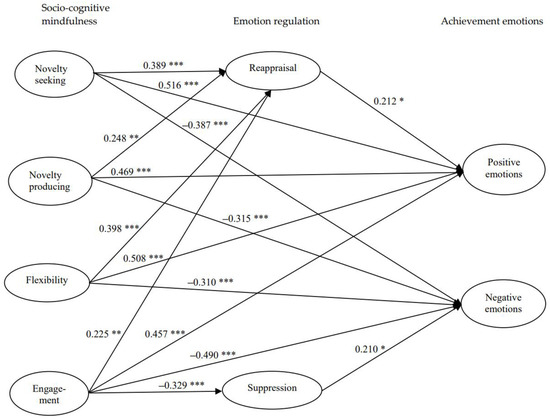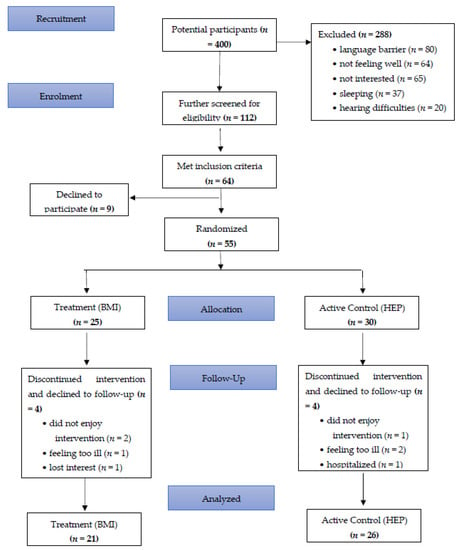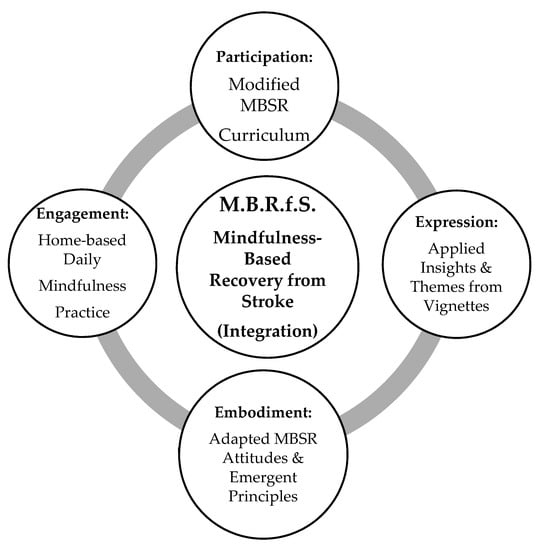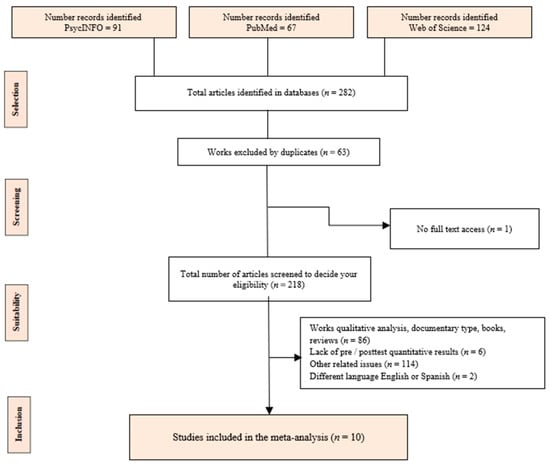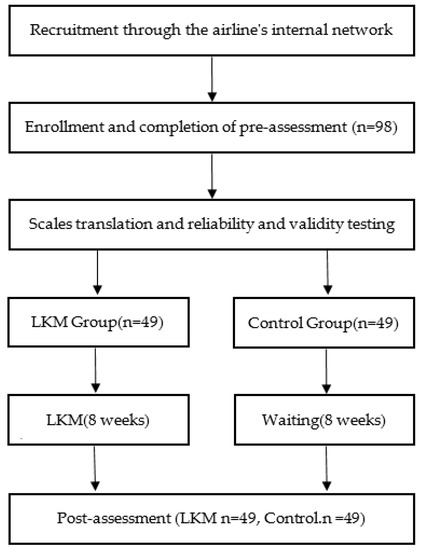Mindfulness in Healthcare
A topical collection in Healthcare (ISSN 2227-9032). This collection belongs to the section "Nursing".
Viewed by 59626Editors
Interests: mindfulness; well-being; quality of life; complimentary therapies; Palliative care; nephrology; qualitative
Special Issues, Collections and Topics in MDPI journals
Topical Collection Information
Dear Colleagues,
This Special Issue of Healthcare will focus on mindfulness in healthcare and mindful self-compassion. Mindfulness is known to positively impact numerous measures of personal health, including stress, anxiety, and depression, and improve mental and physical health. Mindfulness-based interventions have been effective in relieving pain and other symptoms, supporting and enhancing resilience, and improving academic success. In addition, both interpersonal relationships and behavioral clinical skills are improved by fostering and developing empathy and compassion. Mindfulness training is therefore promoted among healthcare providers and patients alike. Its huge potential to promote health and enrich the lives of those who participate is encouraged in healthcare. In addition, mindful self-compassion which is the combination of mindfulness skills and practice with the emotional practice of self-compassion offers participants the motivation to encourage and self-soothe when we suffer or feel inadequate.
We welcome papers exploring the cognitive and neurobiological mechanisms underlying the benefits of mindfulness and mindfulness self-compassion training; and mindfulness-based interventions to improve stress, resilience, and general well-being for both patients and healthcare staff and the impact of innovative mindfulness training programs in healthcare. We will feature original research and include interesting clinical studies, reviews, short reports, narratives, and opinion pieces from researchers interested in this research topic.
Dr. Helen Noble
Dr. Ian Walsh
Guest Editors
Manuscript Submission Information
Manuscripts should be submitted online at www.mdpi.com by registering and logging in to this website. Once you are registered, click here to go to the submission form. Manuscripts can be submitted until the deadline. All submissions that pass pre-check are peer-reviewed. Accepted papers will be published continuously in the journal (as soon as accepted) and will be listed together on the collection website. Research articles, review articles as well as short communications are invited. For planned papers, a title and short abstract (about 100 words) can be sent to the Editorial Office for announcement on this website.
Submitted manuscripts should not have been published previously, nor be under consideration for publication elsewhere (except conference proceedings papers). All manuscripts are thoroughly refereed through a single-blind peer-review process. A guide for authors and other relevant information for submission of manuscripts is available on the Instructions for Authors page. Healthcare is an international peer-reviewed open access semimonthly journal published by MDPI.
Please visit the Instructions for Authors page before submitting a manuscript. The Article Processing Charge (APC) for publication in this open access journal is 2700 CHF (Swiss Francs). Submitted papers should be well formatted and use good English. Authors may use MDPI's English editing service prior to publication or during author revisions.
Keywords
- Mindfulness
- Mindfulness-based stress reduction
- Compassion
- Healthcare
- Well-being








